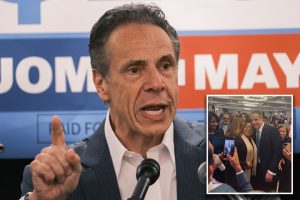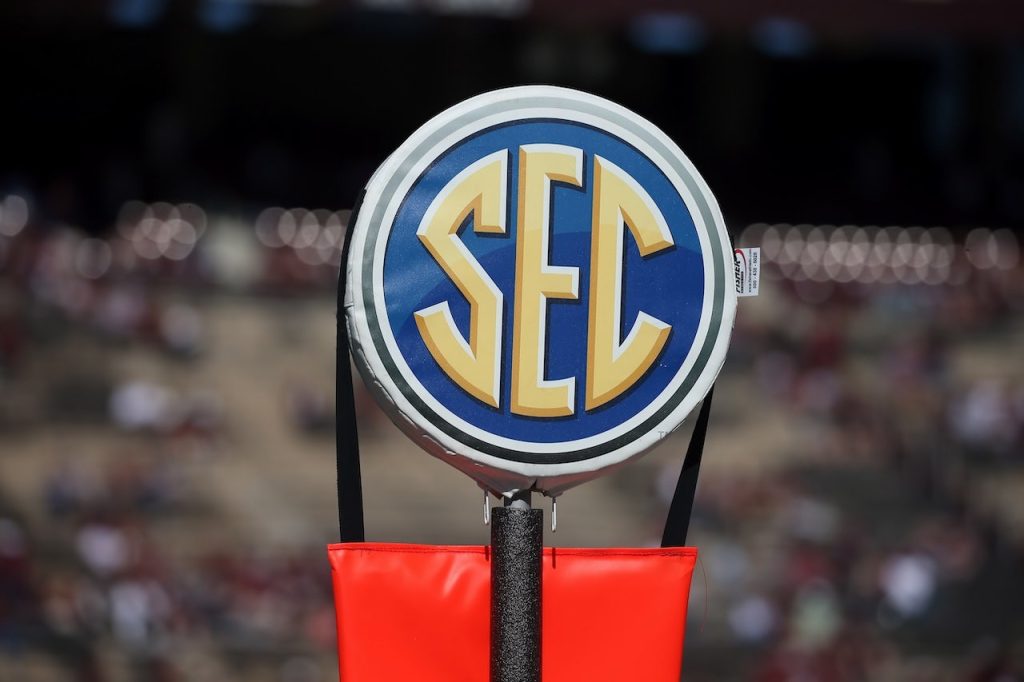The landscape of Diversity, Equity, and Inclusion (DEI) initiatives within Southeastern Conference (SEC) schools has undergone significant transformation in recent years, marked by closures of dedicated DEI offices and a shift in terminology and approach. This shift is largely driven by legislative changes at the state level, coupled with a broader national conversation surrounding the role and impact of DEI programs.
The University of Texas, for example, serves as a prominent case study. Following state legislation enacted in January 2024, the university dismantled its DEI office and actively pursued compliance with the new law, effectively erasing visible traces of DEI-related initiatives. Similarly, the University System of Georgia (USG) has implemented policies prohibiting the use of DEI statements in hiring and admissions processes, emphasizing merit-based selection based on skills and qualifications. While some institutions like the University of Georgia have retained offices focused on inclusive excellence, their objectives have been reframed to emphasize broader goals like increasing enrollment of underrepresented students. This rebranding and refocusing reflects a wider trend across SEC schools, where terminology and overt DEI branding are being replaced with more nuanced language focusing on inclusion and excellence.
Despite the closure of formal DEI offices, several SEC schools maintain diversity-related initiatives embedded within their athletic departments. The University of Arkansas, after closing its DEI office, continues to operate its “Hogs United” program, focusing on hiring and retention of individuals from marginalized groups within the athletic department. This approach suggests a strategic adaptation to maintain diversity efforts while navigating legal constraints and evolving public discourse surrounding DEI. Likewise, Louisiana State University, despite removing DEI language from its official communications, maintains an Athletics Culture and Engagement Council with objectives focused on cultivating diverse perspectives and promoting equity and inclusion within the athletic community. This trend illustrates a persistent commitment to diversity goals, albeit through less formalized and more strategically positioned initiatives.
The ongoing debate surrounding DEI in higher education is fueled by critiques from various stakeholders. Some parents of students at SEC schools have voiced concerns about the perceived impact of DEI initiatives on their children, alleging negative consequences for camaraderie and a focus on merit. These concerns often center on the belief that DEI programs promote division rather than unity, and that they prioritize identity over individual merit. These criticisms reflect a broader societal debate about the efficacy and unintended consequences of DEI efforts, extending beyond the realm of higher education.
This broader context includes the scrutiny of DEI programs in both the public and private sectors, often justified through cost-cutting measures. The debate also extends to the federal level, with political figures vowing to eliminate or significantly alter DEI programs in federal agencies. The fluctuating political landscape contributes to the uncertainty surrounding the future of DEI initiatives, as different administrations adopt contrasting approaches. The Biden-Harris administration, for instance, actively promoted DEI within the federal government, while the incoming Trump administration signals a potential reversal of these policies.
Furthermore, research and reports, such as the one published by CriticalRace.org, continue to document and analyze the evolution of DEI initiatives within SEC schools and beyond. These analyses often highlight the persistence of diversity-focused missions despite the formal closure of DEI offices, suggesting that the underlying principles of DEI continue to influence institutional practices. This ongoing research contributes to a deeper understanding of the complex dynamics surrounding DEI and its impact on higher education, providing valuable insights for institutions navigating this evolving landscape. The debate is far from settled, and the future of DEI within SEC schools and beyond remains subject to ongoing legal, political, and societal influences.
The dismantling of formal DEI offices and the shift in language and approach do not necessarily equate to a complete abandonment of diversity-related goals. Rather, these changes reflect a strategic adaptation by institutions to navigate a complex and evolving landscape. This adaptation involves a move towards less formalized, more integrated approaches to fostering diversity and inclusion, often embedded within existing programs and departments. This subtle shift allows institutions to continue pursuing diversity goals while mitigating potential legal challenges and responding to public scrutiny.
Furthermore, this transition highlights a need for greater clarity and specificity in defining the objectives and strategies of diversity-related initiatives. By moving away from broad, potentially ambiguous terms like “DEI,” institutions can better articulate their specific goals and demonstrate the tangible benefits of their efforts. This greater clarity can also help to address concerns and criticisms about the perceived negative impact of DEI programs. By focusing on concrete outcomes and measurable results, institutions can demonstrate the value and effectiveness of their diversity efforts.
The ongoing evolution of DEI within SEC schools and beyond reflects a broader societal conversation about diversity, equity, and inclusion. This conversation involves diverse perspectives and viewpoints, ranging from enthusiastic support to strong opposition. The challenge for institutions is to navigate this complex landscape while remaining committed to creating inclusive and equitable environments. This requires a nuanced and adaptable approach, one that can respond to evolving legal and political contexts while maintaining a focus on the fundamental principles of diversity and inclusion.
In the coming years, it will be crucial to monitor the long-term impacts of these shifts in DEI approaches. Will the closure of formal DEI offices lead to a decline in diversity and inclusion outcomes? Or will the more integrated, less formalized approaches prove equally or even more effective? These are critical questions that will require ongoing research and analysis. The answers will have significant implications for the future of diversity and inclusion in higher education and beyond.
The story of DEI in SEC schools is not one of simple closure or abandonment, but rather one of adaptation and evolution. It reflects a broader societal grappling with complex issues of diversity, equity, and inclusion. As the landscape continues to shift, institutions must remain adaptable, transparent, and committed to creating environments where all members of their communities can thrive. The ongoing dialogue and debate surrounding DEI are essential for shaping a more just and equitable future for higher education.










